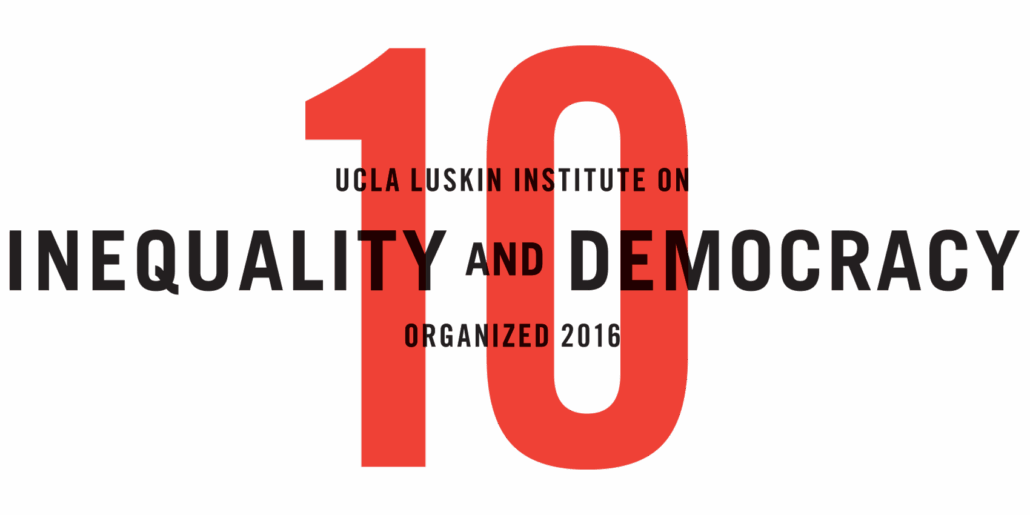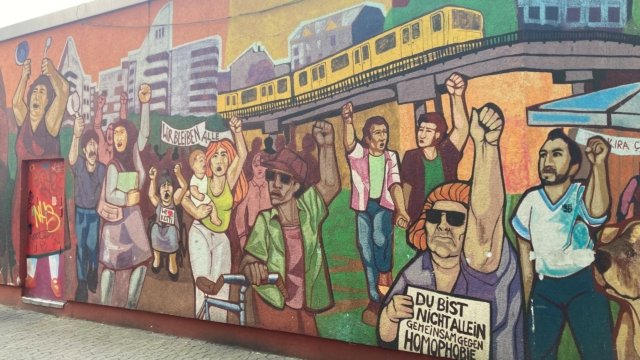Street activism and protest in Berlin. Image credit: Vanessa E. Thompson
Shared Horizons: Practices and Poetics of Transatlantic Abolition
SA Smythe, University of Toronto (formerly at UCLA) and Vanessa E. Thompson, Queen’s University
Recent global black rebellions have brought abolition politics, practices and imaginaries further to the forefront of struggles for liberation and worldmaking, though often with a U.S. focus. As collaborators, comrades and teachers, we have seen struggles against policing, border regimes, and prisons unfold in various local, as well as transnational and transcontinental contexts, and understand them to be part of a global abolitionist project of worldmaking. Shared Horizons: Practices and Poetics of Transnational Abolition stems from this understanding. It contributes to the connections of these sustaining projects of worldmaking and presents a living archive and dynamic platform for abolitionist practices and poetics. Our key aim is to support movements and scholar-activists in their engagements with the shared horizons of abolition on a trancontinental scale. This is a resource for those groups and individuals to learn and connect with each other, as well as attend to the aesthetics and poetics of abolition as an everyday project of creating otherwise worlds with visual historical materials that ground them in their respective contexts and connect their visions beyond linguistic and geographic barriers.
Lived archives of abolition are amplified through this project in their internationalist dimension. Through archiving the textured connections between these social movement contexts, we engage with abolition not dominated by U.S. American geopolitics by focusing on the abolitionist struggles across Europe and how they draw on struggles within as well as beyond Europe, especially with regard to relations to the African continent, the Caribbean, and Latin America. Challenging methodological nationalism and continentalism as well as the violence of mapping and indexing, this living archive and platform portrays the practices and poetics of abolitionist collectives and movements in form of a living garden. In the spirit of translation as a practice of commitment, care and opening, it further entails a translation tool so that all contributions are translated directly in the website. Besides the collectives who are already part of this archival project, with whom the PIs collaborate in various contexts, collectives and movements are invited to share their work and vision on this platform (short descriptions of the collectives, poetics and aesthetics that are important to them, and links to their work), so that we can further deepen the abolitionist international that already creates and breathes life in the worlds to come.
This living archive and platform will go live at the end of 2022 in its first phase, and will be developed as an ongoing resource in the years to come. Funding from the UCLA Luskin Institute on Inequality and Democracy supported initial web development and translation, and planted the seed for increased scale to support movements in material ways. The platform and website archive were developed in collaboration with web designers and creatives Engy Mohsen and Frederick Kannemeyer.




